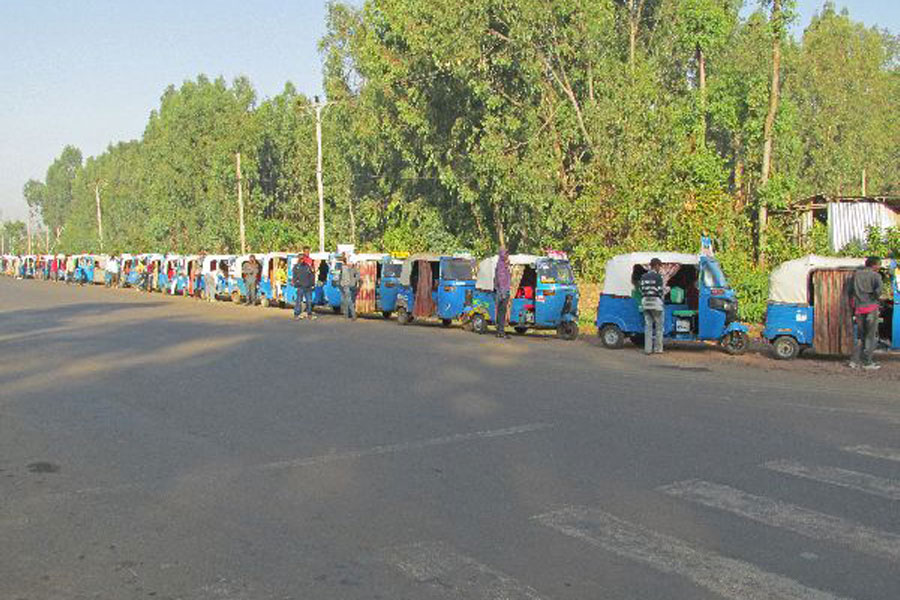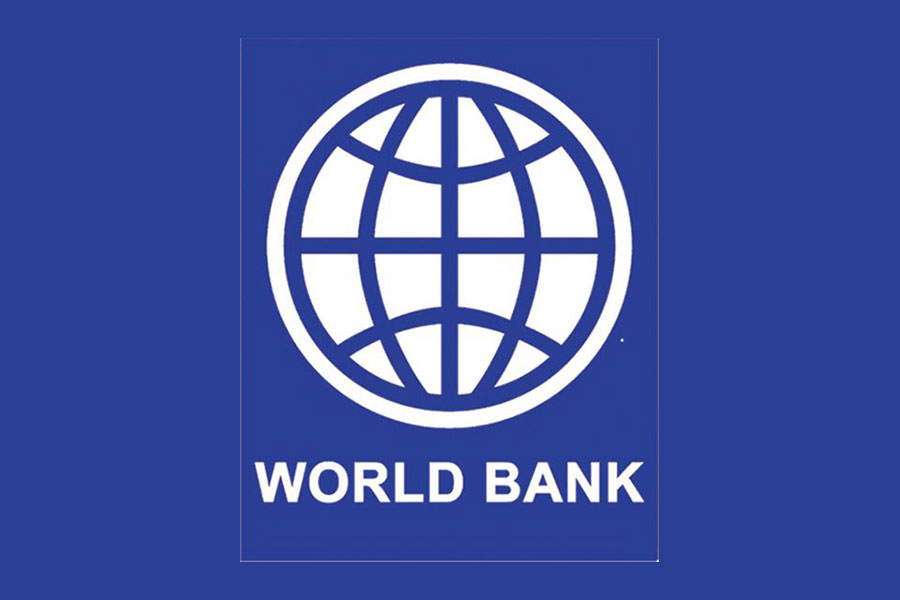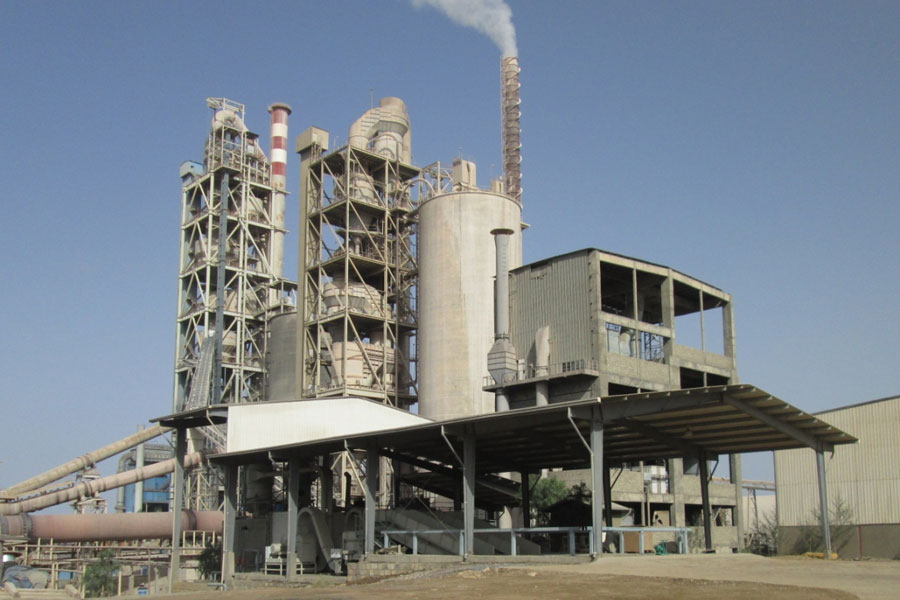
Fortune News | Feb 04,2023
Aug 12 , 2023
By warn Jennifer Clap , Phil Howard
While global food prices have retreated from their peak, the danger of unpredictable spikes lingers, with repercussions for everyone, especially the vulnerable, warn Jennifer Clapp, a professor at the University of Waterloo, and Phil Howard, a professor of Community Sustainability at Michigan State University, in this commentary provided by Project Syndicate (PS)
The COVID-19 pandemic and the war in Ukraine have caused commodity prices to soar in recent years, severely undermining global food security. Global food prices are now down from their peaks a year ago, but no one should be complacent: the world's food woes are far from over. The risk of additional price volatility remains high.
With Russian President Vladimir Putin's annulment of the Black Sea Grain Initiative and attacks on export infrastructure in Ukraine, grain prices have ticked upward again. But dysfunctional food markets are a long-term risk. Wheat remains more than twice as expensive as it was before the pandemic. Food-price inflation still exceeds five percent in most developing countries, as high as 30pc in Rwanda and Egypt. Another global food-price spike is likely.
The real problem is that the growing market power of major agribusiness firms is raising the risk that extreme food-price swings will become the norm.
Consider the fertiliser sector. The tripling of fertiliser prices in 2020-22 – which drove up food prices – was partly fueled by higher costs for nitrogen fertiliser, which reflected the rising price of natural gas. But new data from GRAIN/IATP show that leading firms hiked fertiliser prices well beyond what was needed to cover increased production costs, increasing their operating profits to 36pc, even as they sold less product.
The resulting profit ratios were three times higher than before the Ukraine war began, and well above the 13pc average posted by S&P 500 firms.
Global grain traders have similarly been able to translate tighter supplies into record profits. In mid-2022, grain multinational Archer-Daniels-Midland (ADM) recorded its highest-ever quarterly profits. Its rival Cargill also banked record profits, with total revenues soaring by 23pc.
Such profiteering is made possible by growing corporate concentration in the food and fertiliser sectors. ADM and Cargill are two of the four "ABCD" firms – along with Bunge and Dreyfus – that control an estimated 70pc to 90pc of the world grain market. Four firms account for 75pc of nitrogen-fertiliser production in the United States, and 72pc of the potash-fertiliser market globally.
Through decades of mergers and acquisitions, such firms have expanded their influence up and down the supply chain, while amassing vast amounts of market data. A proposed 34 billion dollar merger between Bunge and Viterra – the grain arm of the commodity giant Glencore – would mean further concentration of soybean and canola processing and distribution across the Americas.
Leading agribusiness firms enjoy huge supply-management and price-setting power, akin to the role of OPEC in oil markets. And they are not afraid to use it: previous episodes of market turbulence – in the 1970s and 2008-11 - also led to higher profits in the fertiliser and grain-trading sectors. In a 2021 filing to US regulators, Nutrien, the world's largest fertiliser company, admitted that its "higher selling prices more than offset higher raw-material costs and lower sales volume."
For the world's poor, who spend as much as 60pc of their incomes on food, every percentage point of food-price inflation can be devastating. Skyrocketing import costs for food and fertilisers are also one reason many low- and middle-income countries are facing their worst debt crisis in 60 years.
Farmers, meanwhile, are mostly unable to benefit from soaring food prices, mainly because the costs of inputs – supplied primarily by major firms with immense market power – are rising even faster than commodity prices. Many farmers are struggling to stay afloat with farmgate prices plummeting and debt rising (owing to interest-rate hikes). As Russia's actions in Ukraine prompt wheat futures to surge again, it has become clear that food prices can spike without warning. There is little doubt that more shocks will come. The consequences will likely be compounded if a few companies still hold such inordinate power over the world's food systems. That is why governments must act to change incentives before the next crisis arrives.
Compelling calls have been made to tax agribusiness` windfall profits and re-invest the funds in climate-resilient food systems. Government scrutiny of fertiliser price-gouging – as farmers' groups have demanded – is also needed, along with more robust enforcement of competition policies to curb excessive mergers and acquisitions. Governments need to consider doing what they have been reluctant to do for decades – stepping in to break up monopolies.
The Bunge-Viterra merger offers an ideal opportunity to assess what kind of consolidation is in the public interest and to send a clear message: profiteering from food crises will no longer be tolerated.
PUBLISHED ON
Aug 12,2023 [ VOL
24 , NO
1215]

Fortune News | Feb 04,2023

Commentaries | Oct 26,2024

Radar | Nov 21,2020

Commentaries | Dec 26,2020

Fortune News | Sep 27,2025

Radar | Jun 25,2022

Radar | Jan 12,2019

Fortune News | Jun 12,2021

Radar | Jun 18,2022

Radar | Apr 21,2024

Photo Gallery | 178178 Views | May 06,2019

Photo Gallery | 168388 Views | Apr 26,2019

Photo Gallery | 159159 Views | Oct 06,2021

My Opinion | 137053 Views | Aug 14,2021
Commentaries | Oct 25,2025

Dec 22 , 2024 . By TIZITA SHEWAFERAW
Charged with transforming colossal state-owned enterprises into modern and competitiv...

Aug 18 , 2024 . By AKSAH ITALO
Although predictable Yonas Zerihun's job in the ride-hailing service is not immune to...

Jul 28 , 2024 . By TIZITA SHEWAFERAW
Unhabitual, perhaps too many, Samuel Gebreyohannes, 38, used to occasionally enjoy a couple of beers at breakfast. However, he recently swit...

Jul 13 , 2024 . By AKSAH ITALO
Investors who rely on tractors, trucks, and field vehicles for commuting, transporting commodities, and f...

Oct 25 , 2025
The regulatory machinery is on overdrive. In only two years, no fewer than 35 new pro...

Oct 18 , 2025
The political establishment, notably the ruling party and its top brass, has become p...

Oct 11 , 2025
Ladislas Farago, a roving Associated Press (AP) correspondent, arrived in Ethiopia in...

Oct 4 , 2025
Eyob Tekalegn (PhD) had been in the Governor's chair for only weeks when, on Septembe...

Oct 25 , 2025 . By YITBAREK GETACHEW
Officials of the Addis Abeba's Education Bureau have embarked on an ambitious experim...

Oct 26 , 2025 . By YITBAREK GETACHEW
The federal government is making a landmark shift in its investment incentive regime...

Oct 29 , 2025 . By NAHOM AYELE
The National Bank of Ethiopia (NBE) is preparing to issue a directive that will funda...

Oct 26 , 2025 . By SURAFEL MULUGETA
A community of booksellers shadowing the Ethiopian National Theatre has been jolted b...